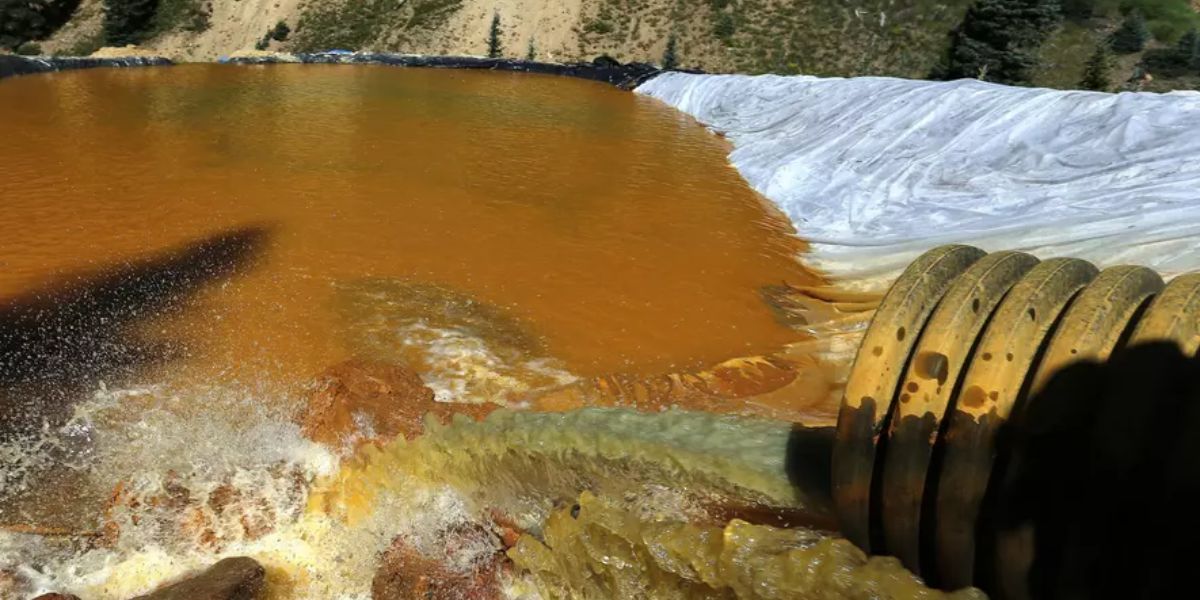As a result of a chemical spill that occurred over the summer of 2017, environmental officials in New Mexico requested that Cannon Air Force Base provide an explanation for its operating permit and pay nearly $100,000.
At least seven thousand gallons of rinsate, which is a mixture of rinse water and residue from firefighting foam, were discharged into a retention pond in the fire training area of the military complex located in Curry County in the month of July, according to a release issued by the base.
In August, the base made the discovery that the rinsate had been dumped in an improper manner.
Following additional inspection by an independent party, it was discovered that the liner of the retention pond had been damaged in many locations. Wells located off-site were not anticipated to be impacted, according to officials at the base.
The New Mexico Environment Department issued a statement on Tuesday stating that the rinsate is potentially harmful and has been associated with the development of cancer.
In addition to the rinsate dump and the illegal upkeep of the retention pond, officials from the NMED stated that a groundwater plume originated from the base and poisoned 3,500 dairy cows, which ultimately resulted in the euthanization of these animals.
“This reckless discharge is an example of Cannon AFB’s willful disregard for public health and environmental safety in the exact community in which they operate. Basic maintenance could have prevented this spill. The Air Force must now prove why the state should allow Cannon AFB to continue operating,” New Mexico Environment Secretary James Kenney stated.
NMED required that administrators at the base take prompt corrective action, produce an inventory of the rinsate that is present at the base, and pay $98,780 to the emergency response fund for hazardous waste in the state at the state level.
As of Tuesday, the base has thirty days to either make a payment or request a hearing.
Northland Foundation Funds Initiatives to Promote Native Culture and Heritage
The foam used for firefighting includes substances that are commonly referred to be forever chemicals and are referred to as PFAS in the scientific community.
“Cannon Air Force Base is committed to preventing future incidents from occurring and ensuring transparency of information regarding all per- and polyfluoroalkyl substances, or PFAS, inventory on base,” Maj. Jaclyn Pienkowski, a spokeswoman for Cannon Air Force Base, said in an interview with NM Political Report.
Helping Hands from Wisconsin: Snowplow Drivers Aid Kansas City Amid Winter Storm
The air base was defended by the local law enforcement.
“It is a privilege to share community with these heroes, never mind the $570 million annual economic impact of Cannon on our eastern New Mexico economy. To speak so flippantly about Cannon is to completely disregard the service and sacrifice of the men and women of the 27th (Special Operations Wing) as they defend our nation,” Clovis Mayor Mike Morris stated to The Eastern New Mexico News.
Clovis is the nearest town to Cannon Air Force Base and serves as the county seat for Curry County.
LA Fires: Saltwater Helps Control Flames, But Brings Long-Term Environmental Risks




